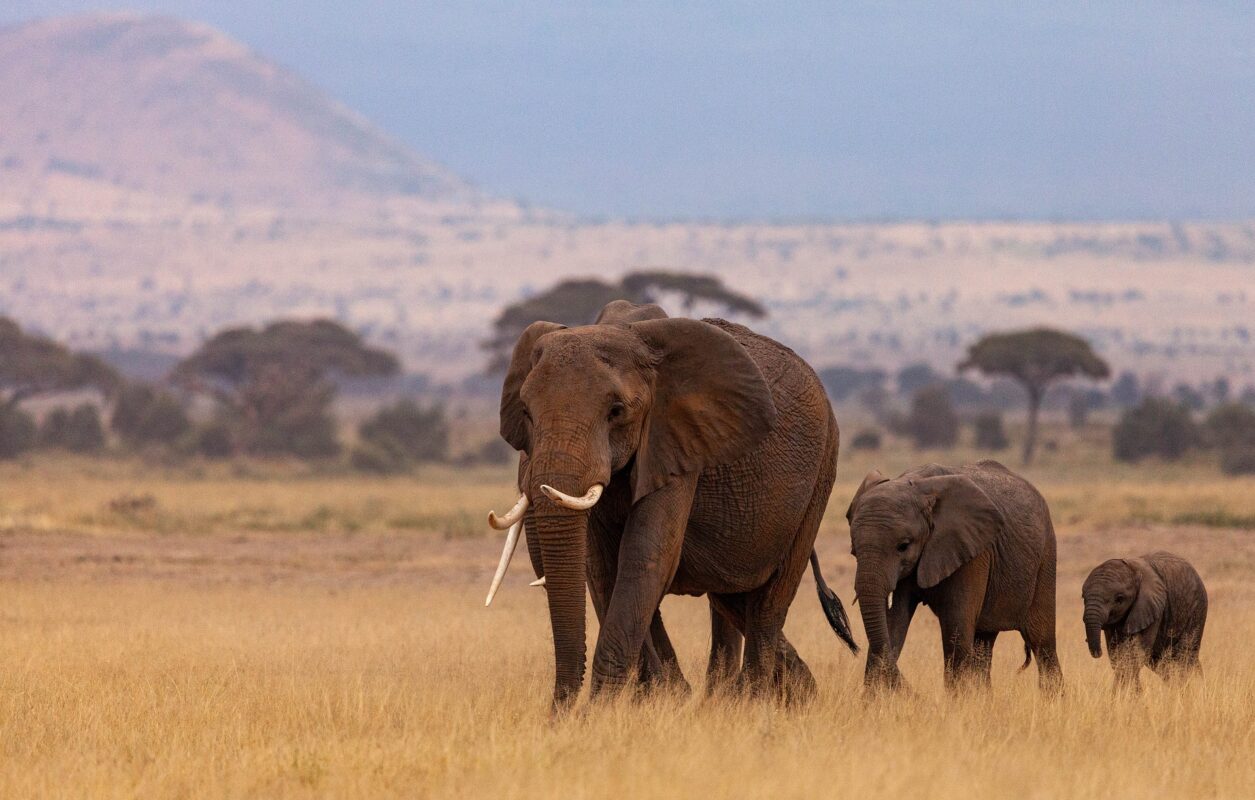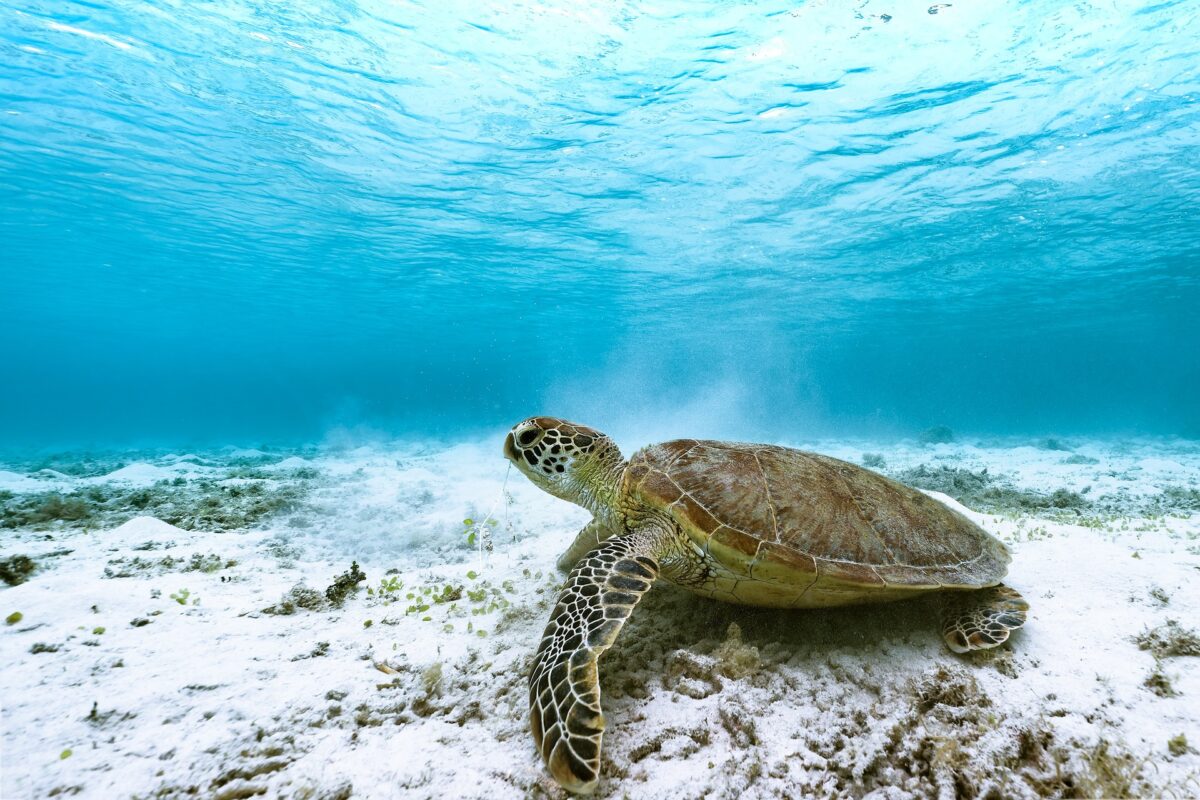
Blog
Education : the Message for Future Generations

Hi there! Waste Reduction Week in Canada is coming up on October 22, 2024! Did you know about this initiative?
During the third week of October, a specific theme is highlighted each day from Monday to Sunday. These are focusing on different aspects of waste reduction. There are also many other global days dedicated to environmental conservation, like Earth Day on April 22, World Environment Day on June 5, and Climate Action Day, which varies by year.
Climate change is a global challenge. People everywhere—whether individuals, non-government organizations, or non-profits—are coming together to help protect the planet. Let’s explore the various global educational initiatives focused on environmental conservation and their significance. We’ll also discuss how we can motivate the next generation to take meaningful action!
What kind of Organizations are there?

Friday For Future
First, Friday For Future. In this activity, students from around the world take to the streets each month, urging politicians to recognize and take stronger action on the urgent issue of climate change. These ongoing marches have drawn over a million young people across more than 100 countries.
How do we make sure kids not only learn about the environment but care about it? The key is making it engaging, relatable, and also fun!
The Climate Reality Project
Secondly, the Climate Reality Project conducts training programs and workshops around the world to educate the general public and leaders about the current state of climate change.
This project, founded and chaired by Nobel Laureate and former US Vice President Al Gore, is committed to driving global action on the climate crisis by focusing on greenhouse gas emissions and grassroots education. With branches in 10 countries, including Canada, the organization empowers citizens to become effective climate advocates. Al Gore personally trains individuals through the Leadership Corps, a global network of Climate Reality Leaders working to raise awareness and promote solutions.
Earth Day Network
Next, this is an organization established to commemorate Earth Day (that I just mentioned earlier), focusing on events held every year on April 22. Throughout the year, they engage in activities related to global warming and environmental protection, with a particular emphasis on educational programs in schools and communities.
Education for Sustainable Development (ESD)
Last, in response to the pressing challenges facing our planet, UNESCO is leading the ESD for 2030 program. This initiative generates and shares knowledge, provides policy guidance, offers technical support to countries, and implements on-the-ground projects. ESD for 2030 directly supports SDG 4, focusing on inclusive and quality education, especially Target 4.7, while also contributing to all other SDGs by promoting education that emphasizes responsibility for the future.
“4.7 By 2030, ensure that all learners acquire the knowledge and skills needed to promote sustainable development, including, among others, through education for sustainable development and sustainable lifestyles, human rights, gender equality, promotion of a culture of peace and non-violence, global citizenship and appreciation of cultural diversity and of culture’s contribution to sustainable development.”

Activities in Countries
Here, let’s look at the specific actions!
- Germany
“Umweltbildung”, or environmental education, began in Germany in the 1970s to promote ecological awareness and responsible interaction with the environment. Now evolving into BNE (Education for Sustainable Development), it teaches decision-making skills, ecological values, and sustainability. Through this project, there are around 4,600 environmental education facilities in Germany, ranging from schools to parks and kindergartens.
Like this school, a lot of counties have their own educational organizations for the environmental conservation, such as Australia, UK, South Africa, Including Canada!
Next, I would like to introduce unique organizations!
The Wildlife Clubs of Kenya (WCK), established in 1968, is dedicated to promoting wildlife conservation and environmental education among Kenyan youth. Through school-based clubs and community programs, WCK encourages young people to engage in activities like tree planting, wildlife monitoring, and learning about ecosystems. The organization focuses on creating future conservation leaders by empowering youth with the knowledge and skills needed for sustainable practices.
WCK also works closely with local communities to address issues like habitat loss and human-wildlife conflict. The organization manages eco-tourism sites, where revenue supports conservation efforts and educational initiatives. Through its work, WCK has fostered a strong culture of conservation, producing many leaders in Kenya’s environmental sector.

Project Tamar is a Brazilian conservation project dedicated to protecting endangered sea turtles along the country’s coastline. Through extensive habitat monitoring, research, and relocation of vulnerable nests, the project ensures safe hatching and growth for species like the loggerhead, hawksbill, and green turtles. The project also emphasizes community engagement, providing eco-friendly jobs and alternative economic opportunities to reduce harmful activities like poaching.
Education is central to Project Tamar’s mission, as it raises public awareness about the importance of sea turtles in marine ecosystems. By organizing turtle-watching events and eco-tourism, it fosters a culture of conservation among locals and visitors. Project Tamar’s efforts have been globally recognized, contributing to a significant increase in turtle populations and serving as a model for wildlife conservation worldwide.

I introduced 3 organizations, but there are more unique projects or actions around the world. If you’re interested in them, just try reading other articles.
Why is It So Important to Educate People?
- By learning about sustainability, individuals can adopt more eco-friendly practices like reducing waste, conserving water, and using renewable energy.
- When individuals understand the causes and consequences of issues like deforestation, pollution, and climate change, they are more likely to support and participate in initiatives to combat these problems.
- By educating people globally, we create a shared understanding and encourage collaboration between countries to tackle problems like deforestation, pollution, and climate change.
4. Without the knowledge for solving the climate change, future leaders and citizens will struggle to address climate change, resource depletion, and environmental degradation. Education can give them the foundation, which prepares them to inherit a healthier planet and maintain its well-being.
The Future Starts Now
Finally, every small change can lead to a significant positive impact on global warming and future generations! Therefore, it’s essential for us to participate in this movement, support these efforts, and expand our knowledge through various activities.
In our blog, we share valuable information about climate change and initiatives worldwide aimed at tackling this challenge as well. Additionally, we offer carbon credits that contribute to environmental conservation. Now is the time to join the global movement for a greener world. Let’s take action together!
